Life
Sign up for our newsletter
We summarize the week's scientific breakthroughs every Thursday.
-
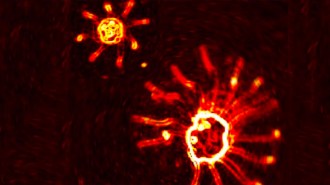 Life
LifeAlgae use flagella to trot, gallop and move with gaits all their own
Single-celled microalgae, with no brains, can coordinate their “limbs” into a trot or fancier gait.
By Susan Milius -
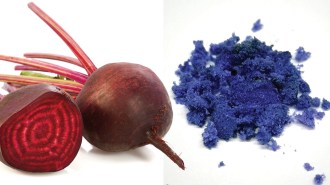 Chemistry
ChemistryBeets bleed red but a chemistry tweak can create a blue hue
A new blue dye derived from beet juice might prove an alternative to synthetic blue dyes in foods, cosmetics or fabrics.
By Carmen Drahl -
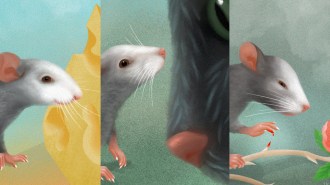 Neuroscience
NeuroscienceMice’s facial expressions can reveal a wide range of emotions
Pleasure, pain, fear and other feelings can be reflected in mice’s faces, sophisticated computational analyses show.
-
 Animals
AnimalsA cat appears to have caught the coronavirus, but it’s complicated
While a cat in Belgium seems to be the first feline infected with SARS-CoV-2, it’s still unclear how susceptible pets are to the disease.
-
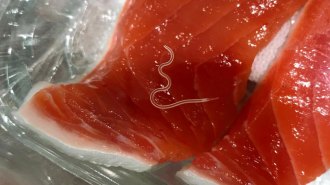 Animals
AnimalsParasitic worm populations are skyrocketing in some fish species used in sushi
Fishes worldwide harbor 283 times the number of Anisakis worms as fishes in the 1970s. Whether that’s a sign of environmental decline or recovery is unclear.
By Amber Dance -
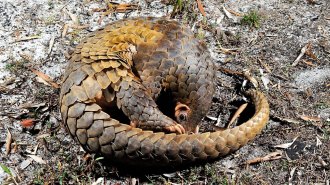 Health & Medicine
Health & MedicineThere’s no evidence the coronavirus jumped from pangolins to people
Pangolins captured in anti-smuggling activities in southern China were found to harbor viruses related to the new coronavirus.
-
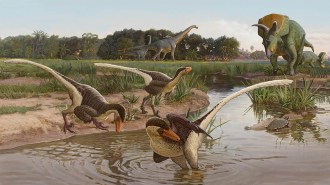 Paleontology
PaleontologyFossils of a new dromaeosaur date to the end of the Age of Dinosaurs
Fossils from a new dromaeosaur recovered from New Mexico suggest these fierce predators were diversifying up to the end of the Age of Dinosaurs.
-
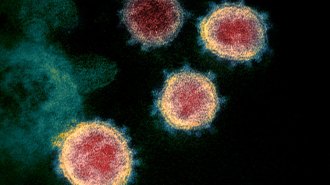 Genetics
GeneticsNo, the coronavirus wasn’t made in a lab. A genetic analysis shows it’s from nature
Scientists took conspiracy theories seriously and analyzed the coronavirus to reveal its natural origins.
-
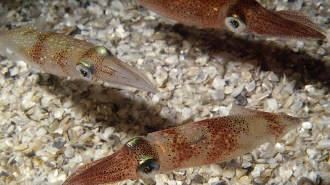 Genetics
GeneticsSquid edit their genetic material in a uniquely weird place
Some squids’ seeming ability to edit RNA on the fly could help scientists develop a technique much like the DNA-editing tool CRISPR, but for RNA.
-
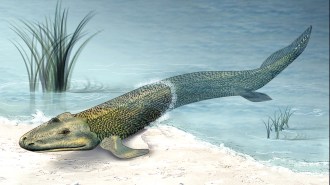 Life
LifeA new book captures how genetics fills in the story of life’s evolution
In Some Assembly Required, paleontologist Neil Shubin explores how genetic analyses complement paleontological research.
By Sid Perkins -
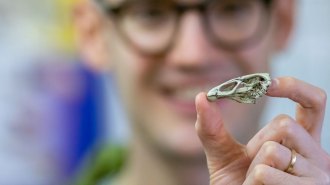 Paleontology
Paleontology‘Wonderchicken’ is the earliest known modern bird at nearly 67 million years old
A new fossil find, dubbed the Wonderchicken, is a common ancestor of modern ducks and chickens.
-
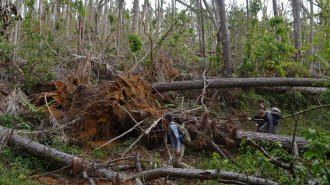 Climate
ClimateHow Hurricane Maria’s heavy rains devastated Puerto Rico’s forests
Hurricane Maria wreaked havoc on Puerto Rican forests in some unexpected ways.